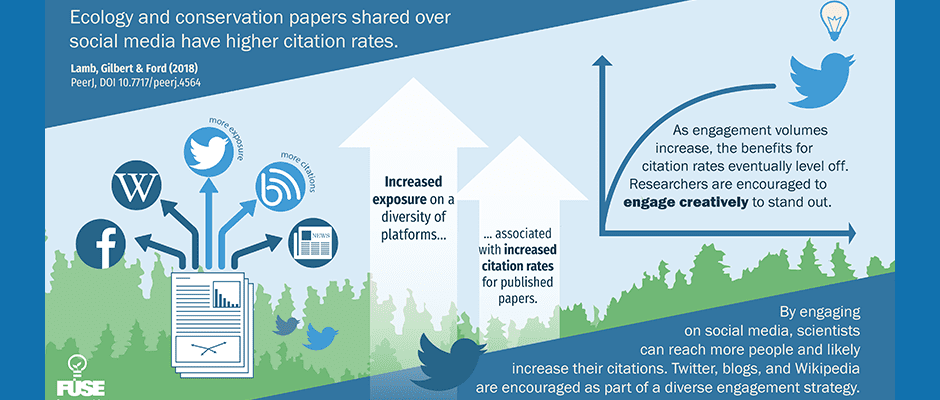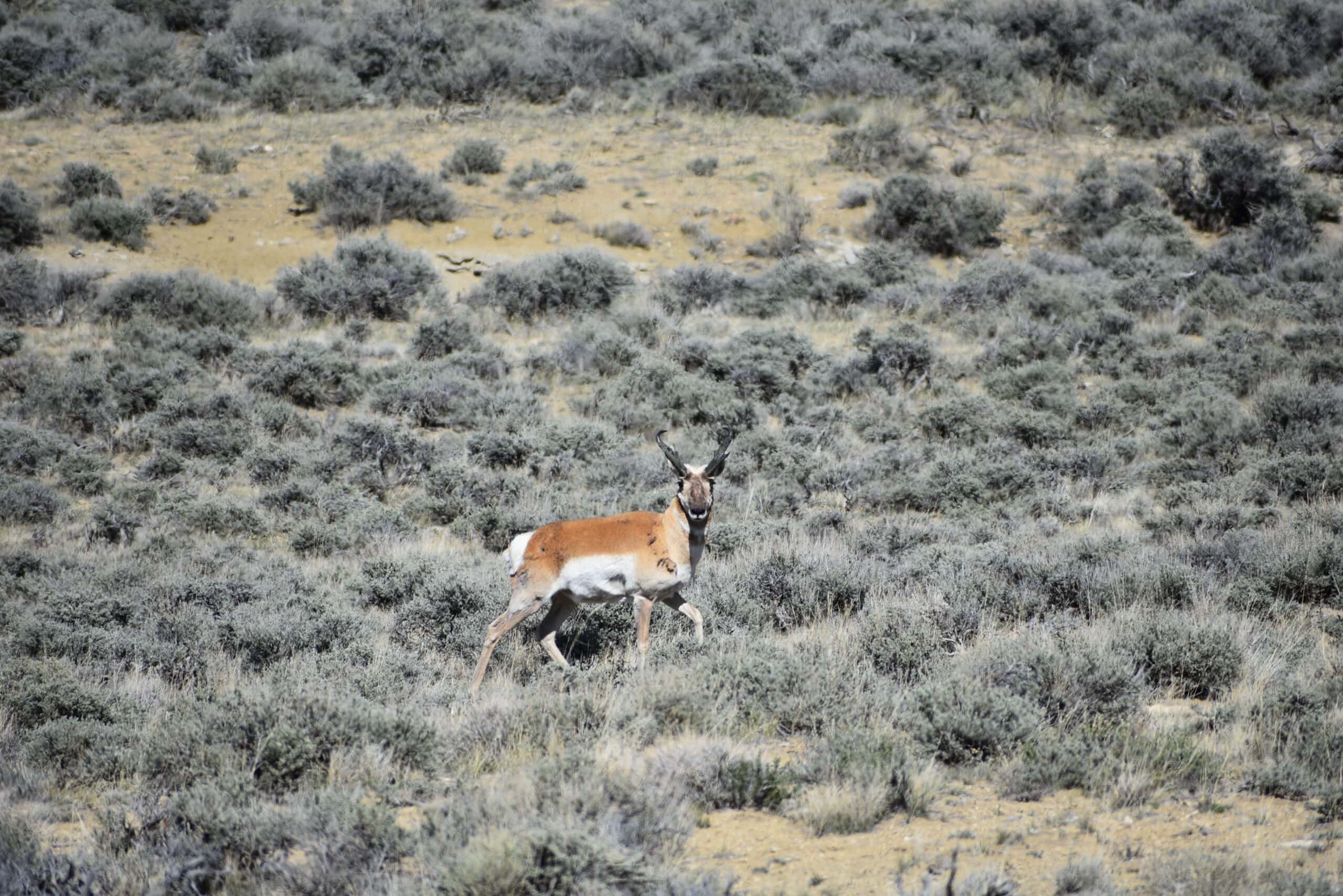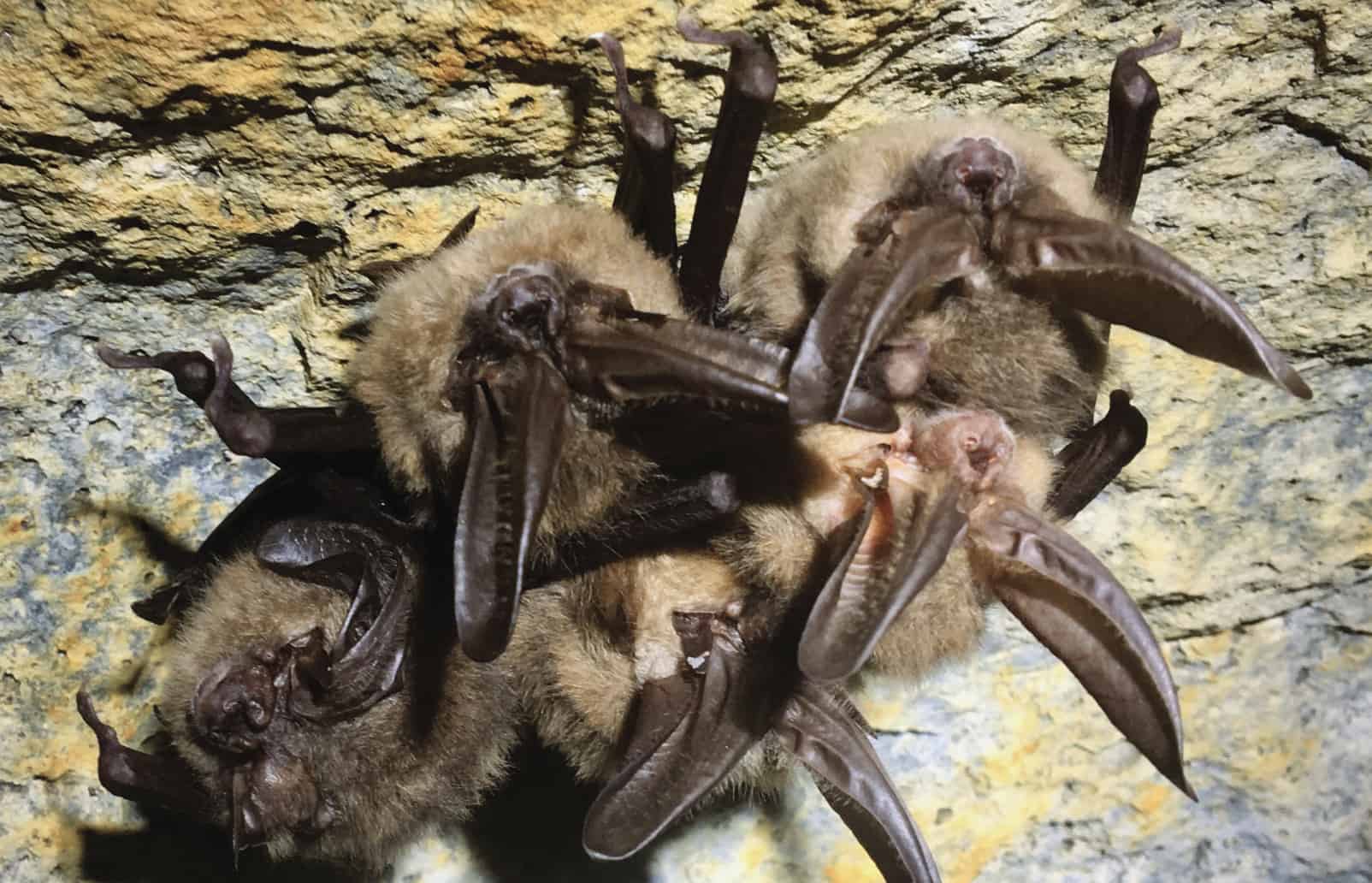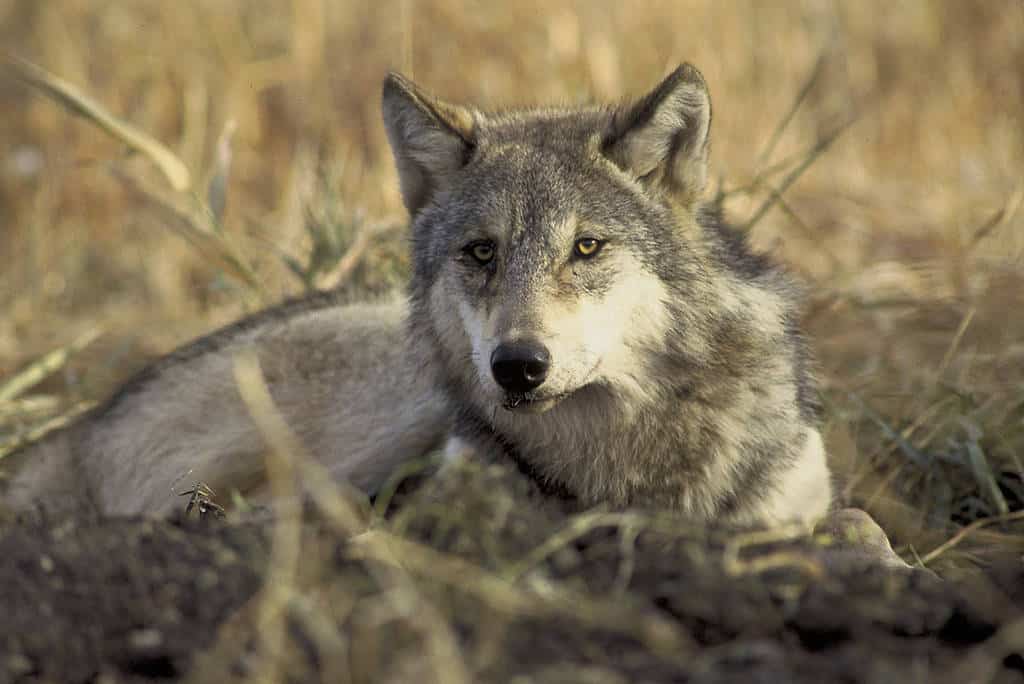Share this article
Tweeting helps scientists get cited
You don’t have to be a celebrity — or a president — to benefit from a social media presence. Researchers recently found that scientists can likely boost the number of times they get cited by promoting their research on Twitter and other online platforms.
“The more you expose your paper to different people, especially scientists, it’ll get picked up and cited more,” said Clayton Lamb, first author on the study published in PeerJ.
A University of Alberta doctoral candidate, Lamb and his team of emerging ecologists were curious how their use of Twitter and other forms of online outreach to communicate their published findings related to their citation rates. In over 8,300 ecology and conservation journal articles published from 2005 to 2015, they looked for a correlation between a paper’s citation rate and the attention it received on sources like Twitter, Facebook, Wikipedia, blogs and news websites.
“As expected, there was a positive relationship between this outreach and the citation rate,” Lamb said. “Twitter, blogs and Wikipedia had the best bang for your buck.”
Articles in mid-tier journals with impact factors ranging from 11 to 14, such as Trends in Ecology and Evolution and Ecology Letters, earned the most citations, he said, possibly because those publications tend to focus exclusively on ecology and conservation.
The results align with those from a previous study that also found that scientific research disseminated through Twitter had higher citation rates, Lamb said.
Publicizing their papers on outlets like Twitter can also assist scientists in securing funding and making citizens understand their findings, he said.
“The big take-home is to get science out to the public,” Lamb said. “Forty percent of ecologists’ followers are people from the media or nonscientists, so those followers are seeing that science effectively.”
While most ecologists have yet to take advantage of online avenues for outreach, he said, he hopes more professionals in his field will advertise their science through these forums.
“Communicating science to the public and other scientists is important in this alt-fact, post-truth era,” he said. “We’ll continue to communicate wildlife science through social media now that we have a little empirical information to keep us going.”
Header Image: Researchers discovered that journal articles about ecology and conservation get cited more when they’re disseminated through social media. ©Clayton Lamb








